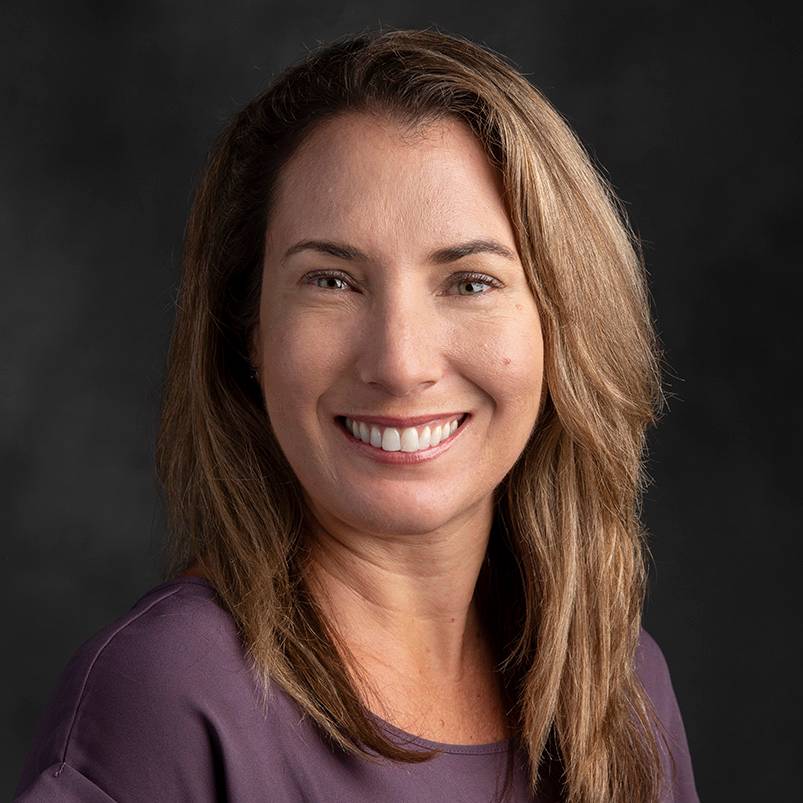"Compassion fatigue" a growing problem for faculty as pandemic continues
Jayme Blaschke | December 2, 2020

With higher education grappling with a rise of COVID-19 cases nationwide, new research conducted at Texas State University suggests that faculty could be facing a growing problem in compassion fatigue.
The article was written by Millie Cordaro, a senior lecturer in the Department of Psychology. Her findings, "Pouring from An Empty Cup: The Case for Compassion Fatigue in Higher Education," are published in Building Healthy Academic Communities Journal.
"Compassion fatigue describes feeling psychologically overwhelmed and emotionally numb as a result of caring for and helping others in distress," Cordaro explained. "What happens is when people are in a helping role—including faculty—and are concerned for students and providing support to students experiencing hardships, they become susceptible to secondary traumatic stress. That's vicariously being exposed to other people's difficult life circumstances and traumas.
"If and when compassion fatigue sets in, otherwise very caring student-centered faculty become emotionally numb and distressed as they are trying to help their students," she said. "A consequence of this is faculty who aren't able to feel their own feelings toward their students, to be fully present, and provide them the support they normally would, prior to the pandemic. There are other consequences of compassion fatigue. It can lead to feelings of depression, anxiety and increased alcohol or drug use. Faculty who may be prone to compassion fatigue, while managing their personal stressors, will find it more difficult to be psychologically and emotionally present for students."
Cordaro first realized compassion fatigue was a potential issue in the spring, when Texas State rapidly moved from in-person classes to remote delivery. During spring break, she started receiving contacts from her students whose lives were being upended by COVID-related hardships. The interactions were distressing, but her clinical background in psychology enabled her to process what she was experiencing and put a name to it. Faculty in other disciplines, however, wouldn't have those same tools available.
"In higher education across the nation there is an emphasis, and rightfully so, on student mental health. I think what's starting to emerge is that faculty mental health is equally important," Cordaro said. "Whether it's faculty in psychology, chemistry or economics, I want them to know what it is that they may be feeling, that way they can start to either prevent it or to reduce it if they are feeling it.
"The audience I wrote to were higher education faculty, but it could affect teachers at any level. In reality, it's likely that administrators are feeling this, and staff, too," she said. "There's this personal aspect of, 'I'm feeling overwhelmed. I'm feeling numb toward my students that I'd normally care very deeply for. What can I do about it?' If it weren't for the pandemic, I don't know if we would even be having a conversation about faculty mental health."
Given the prolonged, ongoing nature of the pandemic, it is important that faculty in higher education be aware that compassion fatigue could affect them, Cordaro said. They should be on the lookout for symptoms, warning signs and risk factors. In addition, faculty should consider protective factors, including self-care plans and coping strategies.
Share this article
For more information, contact University Communications:Jayme Blaschke, 512-245-2555 Sandy Pantlik, 512-245-2922 |